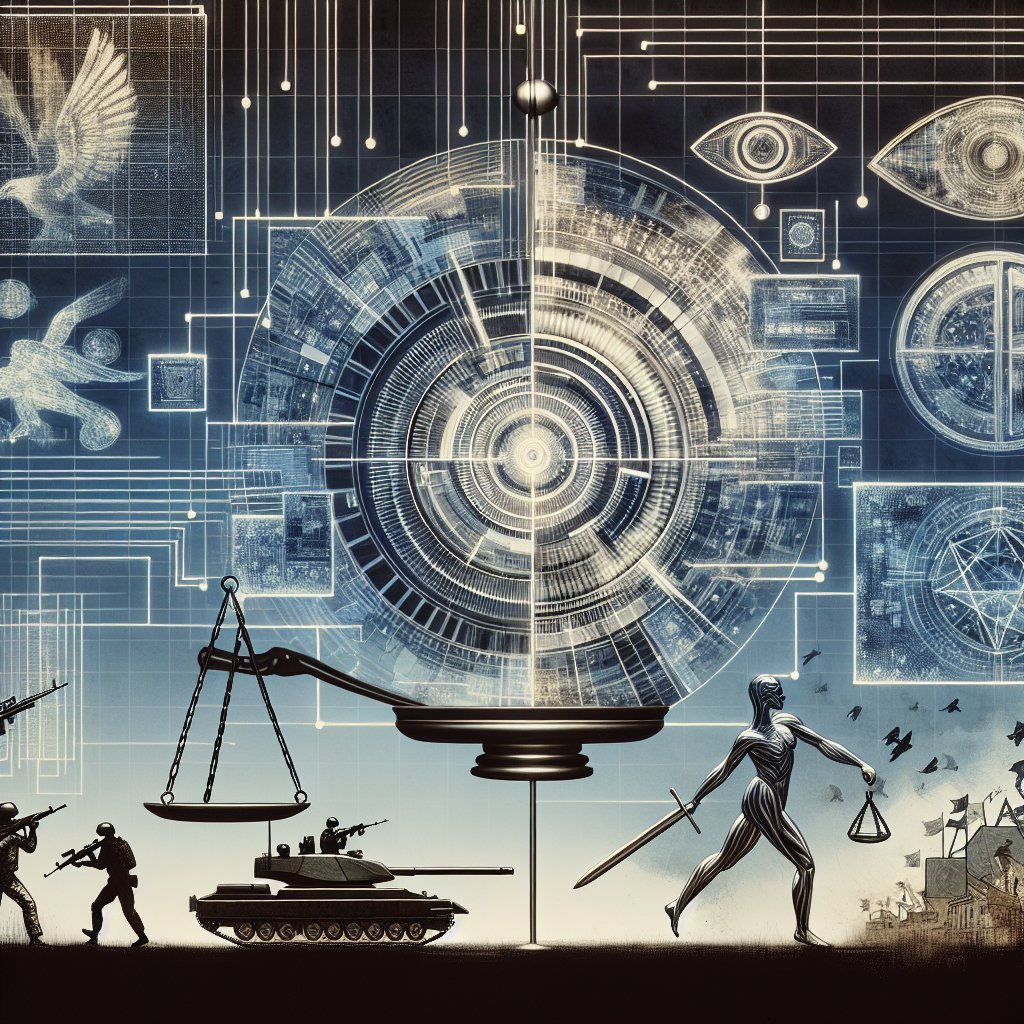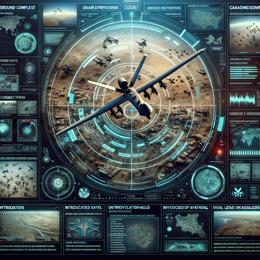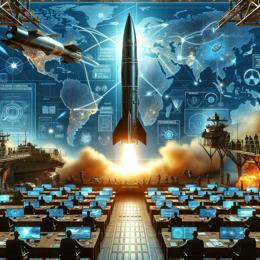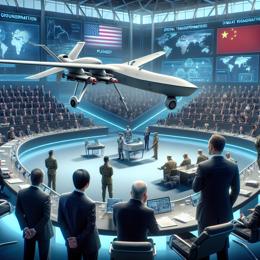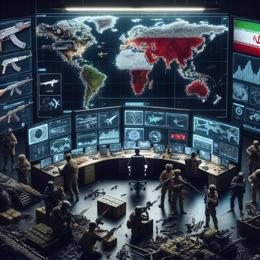Content created by AI
The Gospel: AI Warfare Intensifies in the Israel-Gaza Conflict
The prolonged conflict between Israel and Gaza has entered a new phase with the introduction of a cutting-edge artificial intelligence system known as The Gospel. Used by the Israeli military, The Gospel has significantly altered the landscape of modern warfare in the region. The system is designed to enhance target identification, leading to an increased rate of strikes in the Gaza Strip. This development raises profound concerns about the impact on civilian lives and the ethical implications of using such technologies in conflict zones.
Israeli publications +972 Magazine and Local Call have shed light on The Gospel's operational capabilities. The AI's sophisticated algorithms allow for rapid processing of data, turning vast amounts of information into potential targets with a speed and accuracy previously unseen on the battlefield. This accelerated targeting process has reportedly led Israeli military officials to relax rules of engagement, further endangering the lives of Palestinians in Gaza.
Organizations like Access Now, and figures such as Marwa Fatafta, the MENA Policy and Advocacy Director, have expressed concerns about this technological escalation. Omar Shakir, the Israel and Palestine Director at Human Rights Watch, and Sophia Goodfriend, a journalist, along with Tal Mimran, a former legal adviser to the Israeli Ministry of Justice and Israeli military, have weighed in on the implications of The Gospel's deployment. These contributors have provided insights into both the technical aspects and the human rights ramifications of the AI system.
Apart from the immediate consequences in Gaza, the story also highlights an intensification of strife in the West Bank, a territory under Israeli occupation but without a Hamas military presence. The spotlight has turned to the adoption of advanced surveillance technologies and their effects on the Palestinian population. With increased monitoring and violence, there is a growing apprehension about the encroachments on civil liberties in the region.
Amidst these developments, Mariam Barghouti, a Palestinian writer and journalist, delves into the issues plaguing the West Bank. Barghouti sheds light on the rise in violence, the clampdown on freedom of speech, and the pervasive nature of surveillance. The dialogue about The Gospel and its fallout in Gaza cannot be separated from the broader context of the Israeli-Palestinian conflict, particularly the escalating tensions in the West Bank.
The narrative is not solely about warfare; it encompasses the ethical boundaries of technology in combat, human rights considerations, and the complexities of war reporting. The use of The Gospel raises fundamental questions about the morality of automating war-related decisions and the thresholds for collateral damage. This story also prompts a reflection on how Israeli media is portraying the prisoner exchange between Israel and Hamas, which presented the Netanyahu government with substantial challenges.
As the world's attention turns to these issues, it becomes imperative to analyze not only the technological advancements but also the human stories behind the headlines. The impact of AI-enhanced warfare on the civilian populace of Gaza, and the extent of surveillance and violence in the West Bank, call for critical discussion and accountability.
